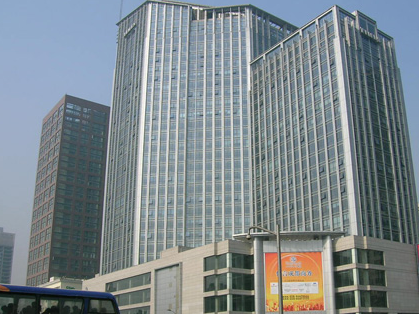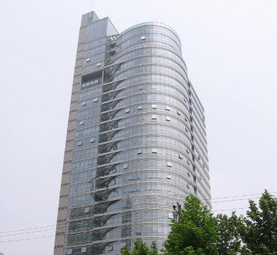Listen to part of a lecture in a European History Class.
So would it surprise you to learn that many of the food that we eat today consider traditional European dishes that their key ingredients were not even known in Europe until quite recently, until the European started trading with the native people in North and South America?
I mean, you probably aware that the Americas provide Europe and Asia with foods like squash, beans, turkey, peanuts.
But what about all those Italian tomato sauces, humgarengurush or my favorite, French fries? Those yummy fried potatoes.
Wait. I mean I knew potatoes were from where, South America?
South America. Right, the Andes Mountains.
But you are saying tomatoes too?
I just assume since they're used in so many Italian dishes.
No, like potatoes, tomatoes grow wild in the Andes.
Although unlike potatoes, they weren't originally cultivated there.
That seems to have occurred first in Central America.
And even then the tomato doesn't appear to have been very important as a food plant until the Europeans came on the scene.
They took it back to Europe with them around 1550.
And Italy was indeed the first place where it was widely grown as food crop.
So in a sense, it really is more Italian than American.
And another thing and this is true of both potato and tomato.
Both of these plants are members of Nightshade family.
The Nightshade family is a category of plants which also includes many that you wouldn't want to eat, like mandrake, belladonna, and even tobacco.
So it's no wonder that people once considered tomatoes and potatoes to be inedible too, even poisonous.
And in fact, the leaves of the potato plant are quite toxic.
So it took both plants quite a while to catch on in Europe.
And even longer before it made a return trip to North America and became popular food items here.
Yeah, you know, I remember, I remember my grandmother telling me that when her mother was a little girl, a lot of people still thought tomatoes are poisonous.
Oh, sure. People didn't really start eating them here until the mid-eighteen hundreds.
But seems like I heard didn't Tom Jefferson grow them or something?
Well, that's true.
But then Jefferson is known not only as the third president of the United States, but also as a scholar who was way ahead of his time in many ways.
He didn't let the conventional thinking of his day restrain his ideas.
Now, potatoes went through a similar sort of rejection process, especially when they were first introduced in Europe.
You know how potatoes can turn green if they are left in the light too long?
And that greenish skin can make the potatoes taste bitter; even make you ill.
So that was enough to put people off for over 200 years. Yes, Bill?
I'm sorry professor Jones. But I mean yeah ok.
American crops have probably contributed a lot to European cooking over the years. But...
But have they really played any kind of important role in European history?
Well, as a matter of fact, yes. I was just coming to that.
Let's start with North American corn or maize, as it's often called.
Now before the Europeans made contact with the Americas, they subsist mainly on grains, grains that often suffered from crop failures.
And it's largely for this reason that the political power in Europe was centered for centuries in the South, around the Mediterranean Sea which was where they could grow these grains with more reliability.
But when corn came to Europe from Mexico, wow, now they had a much hardier crop that could be grown easily in more northerly climates and centers of power began to shift accordingly.
And then, well, as I said potatoes weren't really popular at first.
But when they finally did catch on which they did first in Ireland around 1780.
Well, why do you suppose it happen?
Because potatoes have the ability to provide an abundant and extremely nutritious food crop, no other crop grown in North Europe at the time had anything like the number of vitamins contained in potatoes.
Plus, potatoes grow on the single acre of land could feed many more people than say, uh....wheat grow on the same land.
Potatoes soon spread to France and other Northern European countries.
And as a result, the nutrition of the general population improved tremendously and population soared in the early 1800 and so the shift of power from southern to northern Europe continued.

















 分享成功
分享成功

















草莓小菇凉:说的非常好,十分有道理,棒棒棒!
06-08 15:44:55